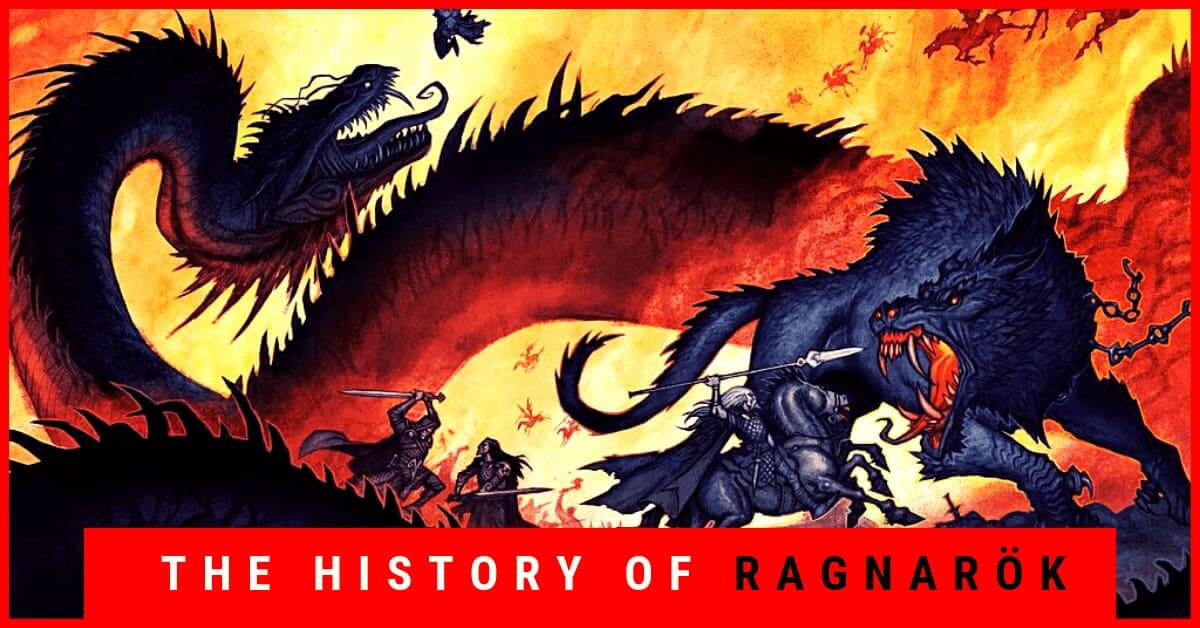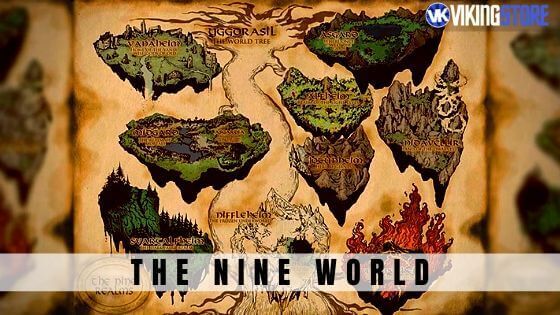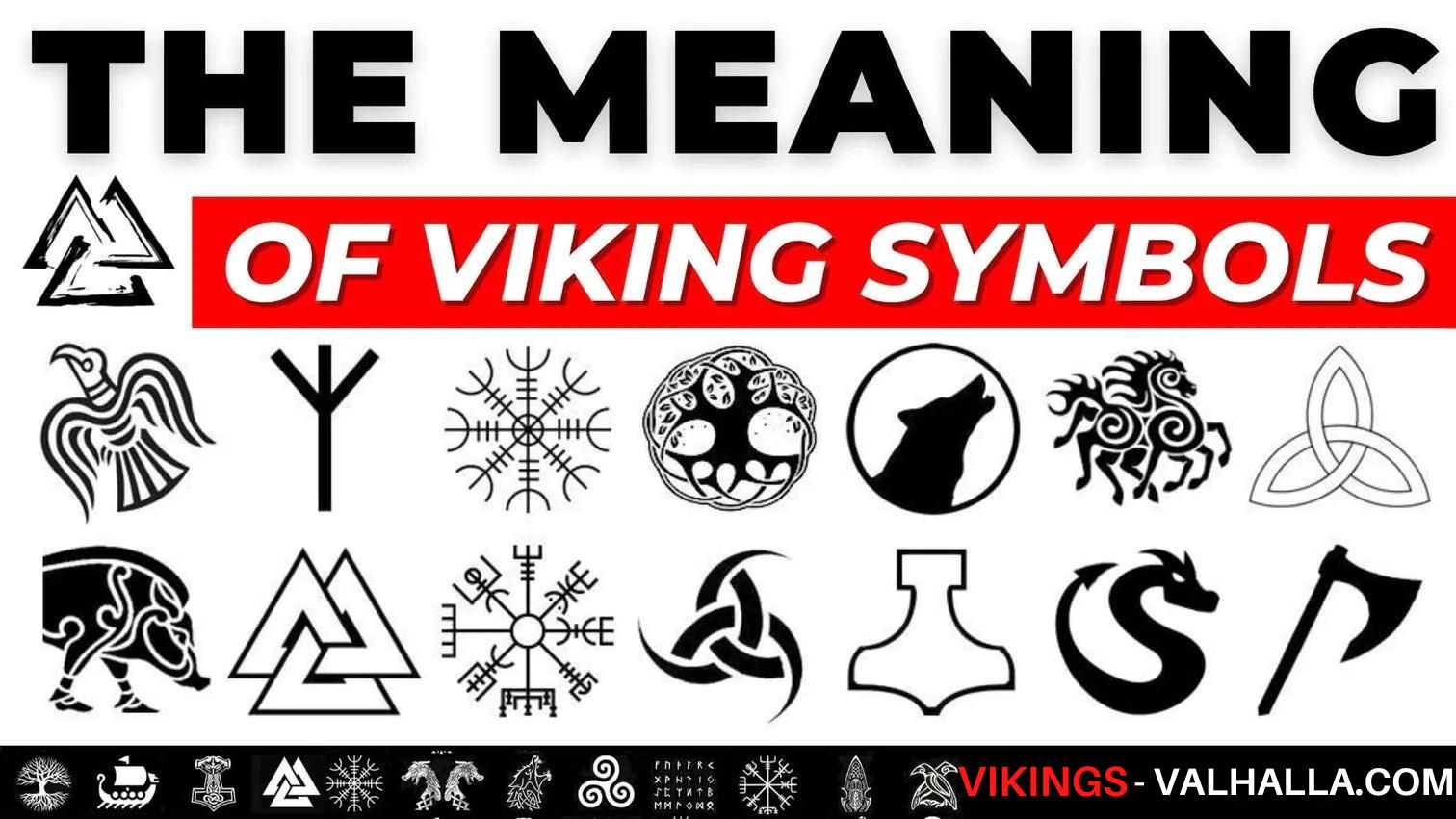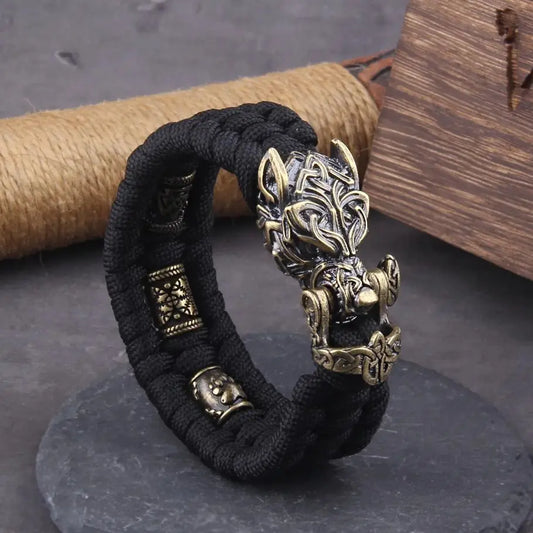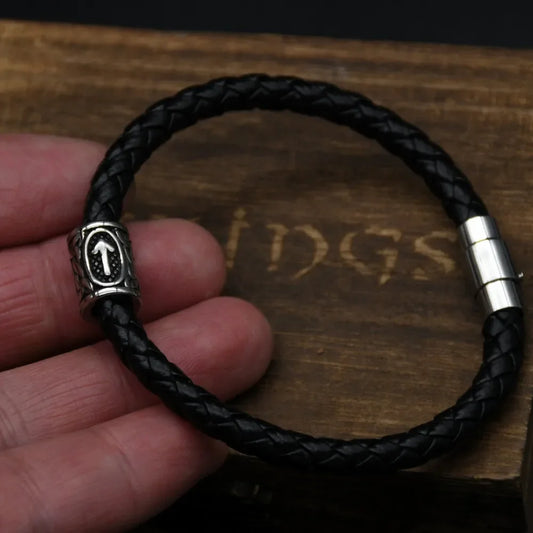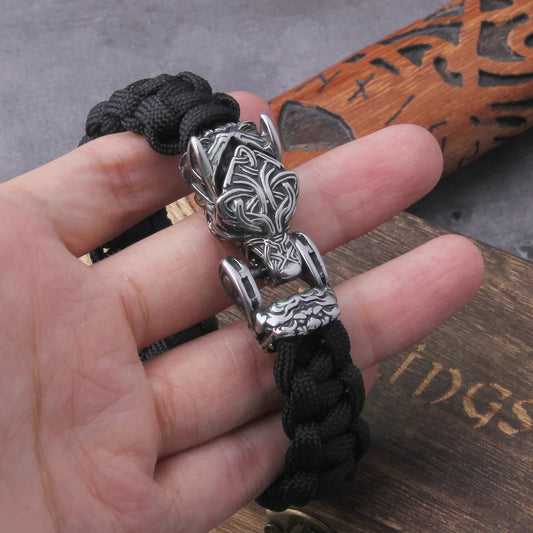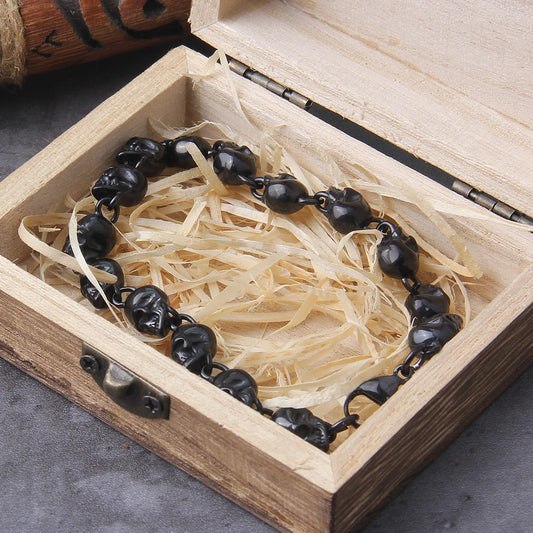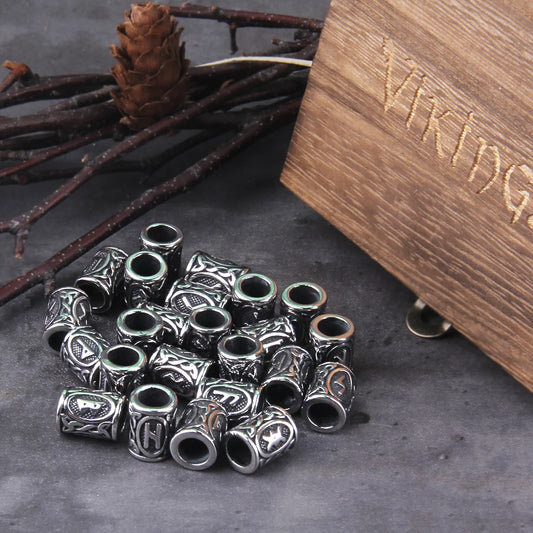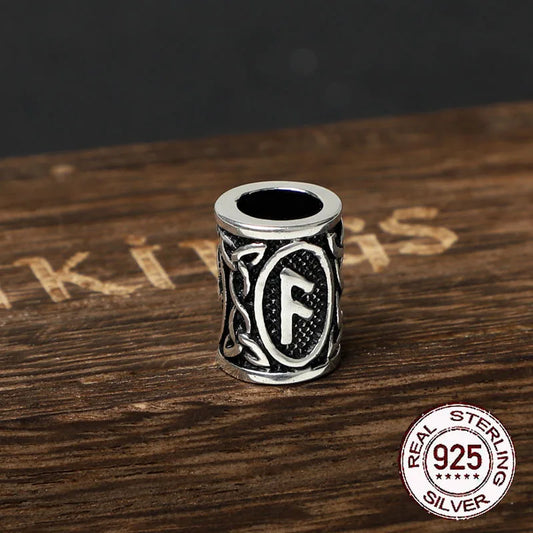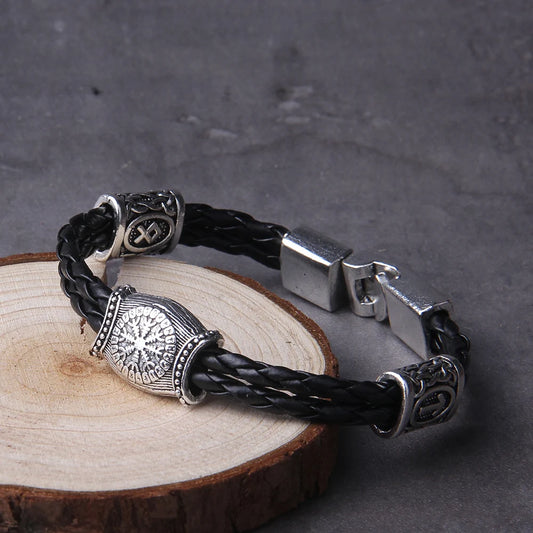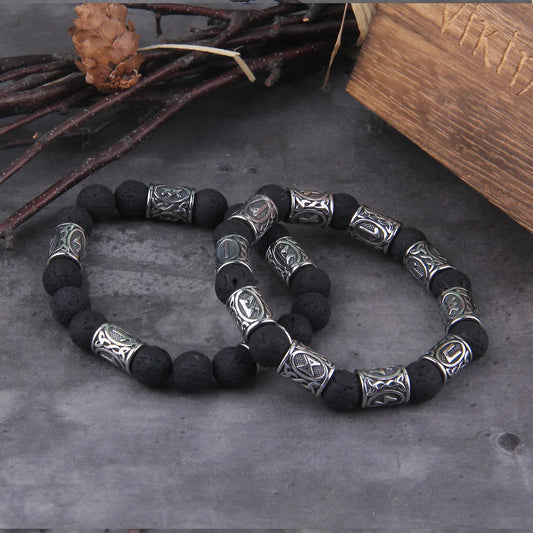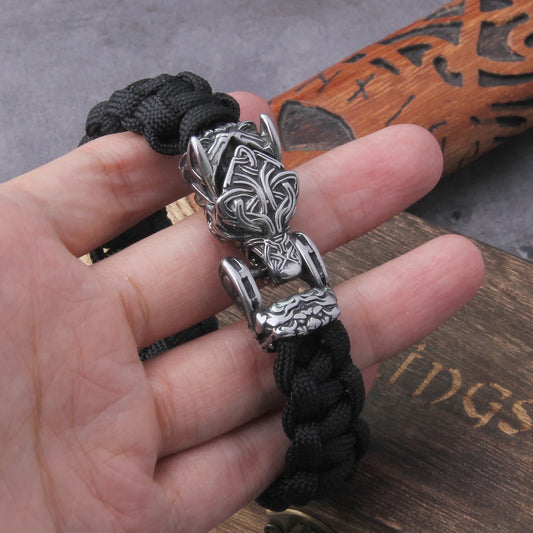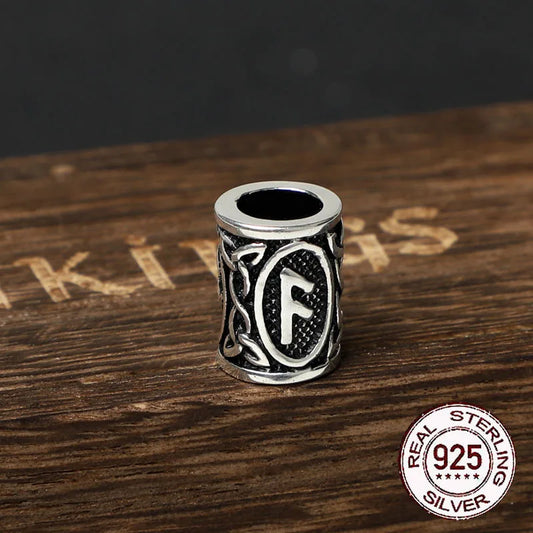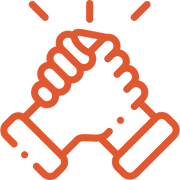The Norse goddess Frigg is the wife of Odin in Norse mythology and belongs to the Aesir. According to some authors, another name for her is Saga. She is the guardian goddess of marriage, life and motherhood, queen of heaven and high deity of the Aesir. She is the protector of the hearth fire and household.
There are many parallels with the goddess Freya, the goddess of love and fertility, with whom she is often equated or confused in modern receptions. Frigg, however, occupies a more central role through her husband. Her servants are Gefjon, Gna, Fulla, Sygn, Vara, Eira, Hlín, Lofn, and Vjofn.
Frigg's Function
In Norse mythology, Frigga fathered the gods Baldr, Hodr, Hermod, Bragi and the Valkyries with Odin. In Asgard, she resides in Fensal, the swamp hall. She is said to have woven the clouds.
In addition, Frigg was said to have ridden along on a golden chariot harnessed to two white lynxes.
Frigg first appears in the 7th century Origo Gentis Langobardorum and around 790 AD in the Historia Langobardorum of Paulus Diaconus as Frea.
The earliest evidence for the Old High German name Frîja is found in the 10th century in the second of the Merseburg Spells, which, however, have their origin in pre-Christian times (before 750 AD).
Frigg as an eponym
The day of the week Friday (Old English frīgedeag) is named after Frigg or her South Germanic name Frija. This is a feudal translation of the Roman day name Veneris dies, i.e. day of Venus, the goddess of love.
Therefore, according to the tradition of the Edda, one would rather expect the Germanic goddess of love Freya at this point, which is why she is often named as the eponym of Friday.
In Old Norse there were both the terms Freyjudagr and Frjádagr as names for Friday, once referring to Freya and the other time to Frigg. It is possible that Friya's role among the southern Germans was more similar to Venus and closer to her original role in Germanic mythology than that in Icelandic literature of the Middle Ages.
This is also suggested by the name, which probably meant "woman" like Old Saxon frī and Old English frēo and can be related to Old Indian priyā́ "love, beloved."
According to a widespread hypothesis, the fairy-tale figure of Frau Holle developed from Frigg, for whom the epithet Hulla ("Huldvolle") is also attested.
The asteroid Frigga is named after the goddess Frigg. Likewise one has named the constellation Orion in Sweden after her.


